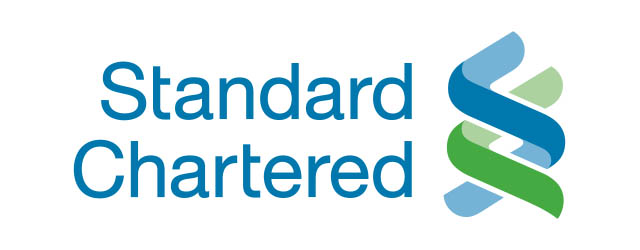Voltron is not the tomorrow, it is the today. By participating in the consortium, both financial institutions and corporate clients can improve the value they provide their clients and be part of shaping and standardising the innovative digitisation of global trade.

Today, when information is easily available at our fingertips, and an online payment takes a fraction of a second, it is increasingly unacceptable that an exporter is required to wait typically 10 to 12 days post-shipment for their funds.
A major reason for this is that documentary credit trade finance continues to be paper intensive, prone to errors and time consuming. Add to this the large number of parties involved in facilitating a single cross-border trade transaction, each bound by its own industry, sector or platform rules and regulations, and trade finance becomes very complex.
In the past, various attempts have been made to solve for some of these challenges, but these have tended to be fragmented efforts, lacking a coordinated industry approach. However, new entrants to the financial services industry have challenged parties to rethink ways of working, and with it collaborative approaches and open infrastructure have become commonplace in the effort to solve shared problems.
Voltron, a blockchain-based open industry platform is one such collaboration. Launched in November 2018 by eight founding members: Bangkok Bank, BNP Paribas, CTBC, HSBC, ING, Natwest, SEB and Standard Chartered Bank alongside delivery partners Bain, CryptoBLK and R3, the Voltron consortium aims to be the pioneer for a new documentary credit flow, digitally creating, exchanging, approving and issuing Letters of Credit (LC).
Voltron is able to simplify LCs, shorten settlement times and reduce turnaround times by providing an end-to-end digitised automation solution – from issuance of letter of credits to confirmation and documentation presentation. In so doing, banks benefit from paperless trade and simplified processes which allows them to provide clients with faster, frictionless experiences .
Corporate clients on the platform also enjoy collaboration between the applicant and beneficiary, real time updates, transparency and a reduction in errors; and with the option to electronically submit documents, including from third party providers such as essDocs or Bolero on this platform, the document exchange time is nullified resulting in faster financing.
In August 2019, Standard Chartered announced it had successfully conducted a pilot for PTT Group involving the shipment of an oil product from Thailand to Singapore, shaving processing time to less than 12 hours (from five days).
By digitising and simplifying the end-to-end exchange of information between all parties in the transaction on the Voltron platform, all trade participants were able to view real time updates on the progress of the transaction and achieved greater transparency and cost efficiencies across the supply chain.
“As our clients increasingly look to technology to address the challenges of today’s global trade environment, we are extremely optimistic and excited about the potential opportunities that Voltron brings to the industry. Voltron has proven benefits of improved speed and reduced settlement risks, and it has demonstrated flexibility in connecting banks, businesses and other third-party providers in its network,” said Samuel Mathew, Global Head, Documentary Trade Product Management at Standard Chartered Bank.
Jordane Rollin, Global Head of Digital Transformation, Trade Product and Voltron Steering Committee member, added: “Standard Chartered is helping to transform trade finance by investing in technology and building partnerships. As the consortium prepares for full commercialisation of the network, we are continuously incorporating feedback from our clients’ pilots to enhance Voltron with new features. This includes expanding Voltron’s offering beyond Letters of Credit to become a new industry standard for the digitisation of traditional trade.”
Voltron is not the tomorrow, it is the today.By participating in the consortium, both financial institutions and corporate clients can improve the value they provide their clients and be part of shaping and standardising the innovative digitisation of global trade.
Sponsored by:
